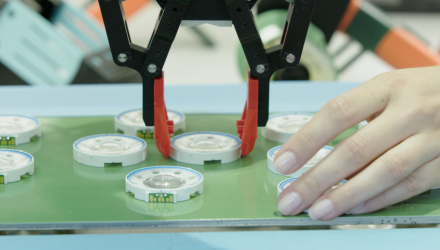Robotics companies are starting to fail! Why? It all comes down to one big reason: user expectations are not being met. Here’s how to ensure your deployment doesn’t suffer the same fate.
Well, we all knew the explosion of robotics startups couldn’t last forever.
It seems that the rise of the robots is starting to slow down—and there’s one big reason.
Over the last few months, there have been a couple of notable failures in robotics, specifically in social robotics. Mayfield Robotics has closed down and Jibo has downsized following substantial losses. In a recent article in IEEE Spectrum, Tim Enwall explains that a major cause of these failures is inaccurate consumer expectations. Consumers think that robots should be able to do much more than they are able to do.
According to Enwall, the public has overly high expectations about the capabilities of robots. No robot in the world today can meet those expectations, but consumers are losing confidence nonetheless.
This problem is not limited to social robotics. Sure, industrial users tend to be more pragmatic about the capabilities of robots than the general public. However, inaccurate expectations can lead to frustration and disappointment following any robot purchase.
The only way robotics companies can succeed is by managing expectations. Yet this isn’t limited to large ventures—you must also manage the expectations of your team, not to mention yourself, if your own robot deployment is to succeed.
The Danger of Inaccurate Expectations
We have all experienced that feeling of disappointment when a product or experience fails to meet our expectations. We believe that a new piece of technology will solve a particular problem. Then, after a huge investment of time and money, we find that our problems are still present or even worse than before.
This can happen with any new purchase: a new printer, a new CNC machine, a new mobile phone. However, most of us have at least some experience with these mature technologies. We have heard the stories of others’ successes and failures and are prepared for them.
Robots are particularly prone to inaccurate expectations because most people have little to no experience using them.
